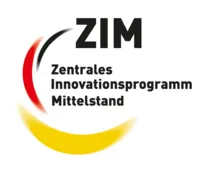Test Execution Planning and Failure Pattern Recognition


In order to test the correct behavior of vehicle software - for example functions for engine control or driver assistance systems - on networked control units in a system network, hardware-in-the-loop test benches (HiL) are used for functional validation. Here, the ECUs to be tested are embedded in a test environment consisting of real components such as ECUs and energy storage devices as well as software-based simulations of parts of the physical environment. Thus, HiL test benches in the automotive environment are complex cyber-physical systems, the mastery of which is a challenge in itself.
During automated tests, deviations from the expected behavior often occur. Consequently, another important step is the identification and analysis of failures and misbehavior at the test bench. Especially when a (possibly even known) test bench malfunction occurs, an automated support of the test engineer in troubleshooting is of great advantage due to the expected time savings. This time-consuming, manual error identification and diagnosis is supported by an independent learning process within the TAPFER project. This can identify error patterns and learn successively from users to deal with underlying errors. Test result reports and data recorded during runtime are used to train a system to automatically analyze executed test scripts. The sometimes time-consuming and often suboptimal manual execution planning of test scripts on test resources, often due to lack of time or information, is taken over by dynamic test execution planning. In addition to the information already available, the dynamic test execution planning takes into account the knowledge gained during the error pattern recognition at runtime to minimize downtimes and thus increase the productivity of test resources. Finally, the test execution planning takes over the distribution of test orders to available test resources under consideration of given boundary conditions.
Project period: 2020-2023
Project partners
- TUM
- TraceTronic GmbH
- BMW (associated)
- BOSCH (associated)
Funding
Bundesministerium für Wirtschaft und Energie (BMWi)